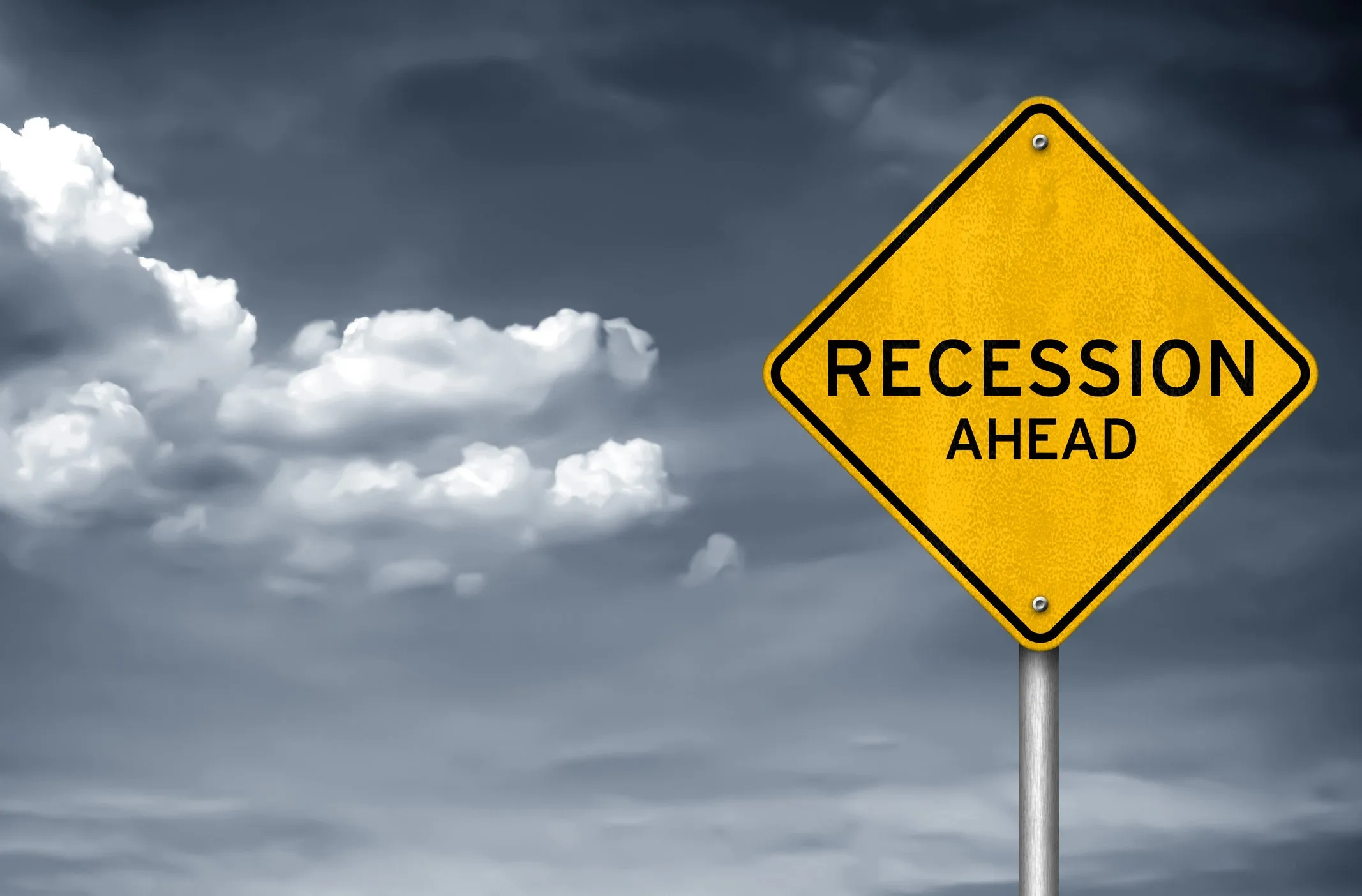How to Invest Amid Recession
 As the Federal Reserve continues to raise interest rates in an effort to combat inflation, the real estate market is feeling the effects. With the 30-year mortgage now hovering above 7% interest, the highest it's been in 15 years, many people are understandably worried about the future of the market. In this article, we'll outline some steps you can take to protect yourself and your investments as we head into 2023, as well as some insights on which markets are likely to be hit hardest and which are expected to recover the quickest.
As the Federal Reserve continues to raise interest rates in an effort to combat inflation, the real estate market is feeling the effects. With the 30-year mortgage now hovering above 7% interest, the highest it's been in 15 years, many people are understandably worried about the future of the market. In this article, we'll outline some steps you can take to protect yourself and your investments as we head into 2023, as well as some insights on which markets are likely to be hit hardest and which are expected to recover the quickest.
Now is NOT the time to buy real estate. Instead, it may be wise to sit on the sidelines and wait for the market to hit bottom. If you're a real estate investor, be extra cautious and consider holding onto your current investments rather than taking on any new ones. For new investments, do your due diligence and only invest in properties that are likely to hold their value through the 2023 recession, such as B-class properties with strong rental demand and a blue-collar tenant base. Avoid investing in C-class and D-class properties in 2023, as these are likely to see the sharpest decline in value as renters struggle to make payments and buyers panic. That said, all real estate has the potential to do well in the long term, since there is no better hedge against inflation.
Inflation is likely to continue throughout this decade, costs of labor and raw materials have already gone up. Companies were forced to give employees generous raises in 2021 to lure them back to work. Regardless of what the Fed is doing, companies can't take those salaries back. It's only a matter of time until the side-effects ripple through the economy. Experts predict that the shallow recession we're facing could last into 2023 and possibly even into 2024, with the Federal Reserve likely to plateau at a 5% interest rate before dropping again. This means there will be pain ahead. However, once the Fed relaxes their policy, we're likely to see the second wave of inflation.
It's expected that the Fed will shift back to a dovish policy in 2024, dropping interest rates and potentially sparking a new real estate boom cycle. This could be a good time to consider investing again, depending on your financial situation and the state of the market. Keep an eye on which markets are recovering the quickest and consider investing in areas with strong demand and relatively low home prices. Those who are able to buy discounted real estate in 2023 will reap the rewards for decades to come.
Navigating the real estate market in 2023 and beyond will require careful planning and a long-term perspective. Be prepared for potentially volatile conditions, manage your investments wisely, and stay informed about the state of the market so you can make informed decisions about your financial future. This decade will be tough, with economy experiencing shocks from both sides. It's a tug-of-war between the Fed and the inflation. The tools in Federal Reserve's arsenal are crude, not tailored to handling inflation caused by supply shortages. Time will tell how the economy reacts to this, but I'm certain that inflation isn't over.